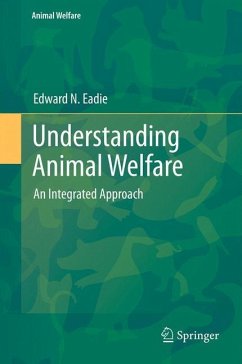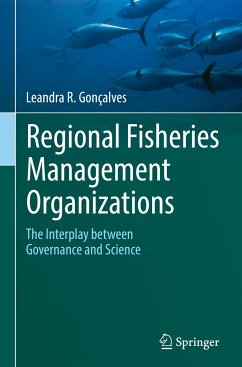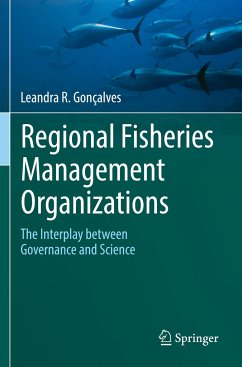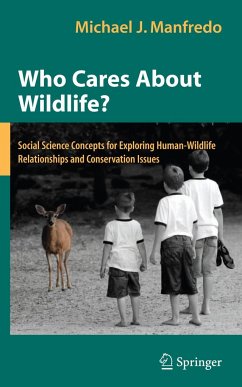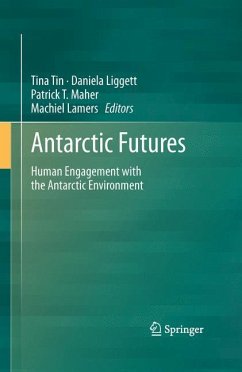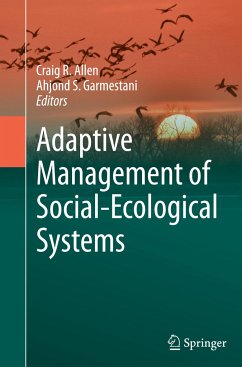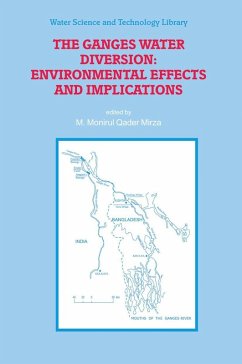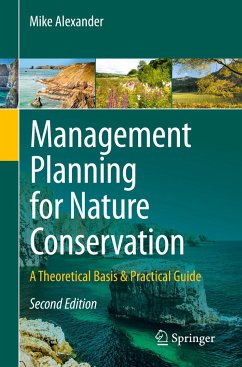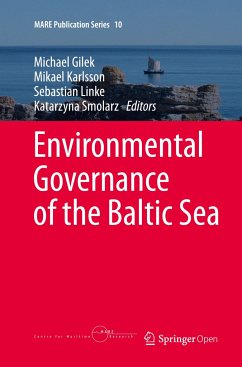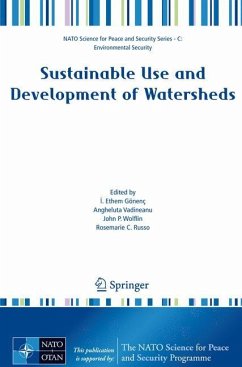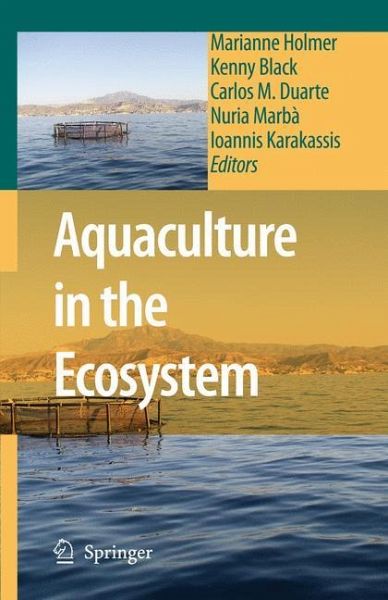
Aquaculture in the Ecosystem

PAYBACK Punkte
57 °P sammeln!
Aquaculture in the Ecosystem - An Introduction The growth of Aquaculture and its future role as a food supplier to human society has environmental, social and economic limitations, affecting marine ecosystems and socio-economic scales from local to global. These are close links with human health requirements and societal needs for various goods and services provided by marine ecosystems. This book shows this broad spectrum of dependencies of the future growth of aquaculture and highlights both relevant problems and expectations. Compensating for stagnant wild capture fisheries and the increasi...
Aquaculture in the Ecosystem - An Introduction The growth of Aquaculture and its future role as a food supplier to human society has environmental, social and economic limitations, affecting marine ecosystems and socio-economic scales from local to global. These are close links with human health requirements and societal needs for various goods and services provided by marine ecosystems. This book shows this broad spectrum of dependencies of the future growth of aquaculture and highlights both relevant problems and expectations. Compensating for stagnant wild capture fisheries and the increasing demand for marine products, marine aquaculture is one of the fastest growing industries in the world, comparable to the computer technology industry (Chapters 9 and 10). The demand for marine products is controlled by a complexity of factors in our society, not least the increasing human population and the increasing global affluence that allows the consumer to buy higher priced marine products such as salmon, tuna and shellfish (Chapter 9). The populations of several of these top-carnivore species are seriously compromised and it will be impossible in the future to maintain wild c- tures at the level of consumer demand. In less affluent areas including SE Asia and Africa, aquaculture for both domestic consumption and export has major nutritional and economic benefits. The production of fish in aquaculture is thus expected to increase under the assumption that the bottlenecks for expansion can be overcome (Chapter 10).





